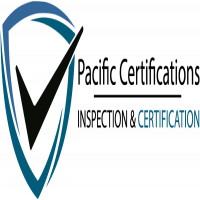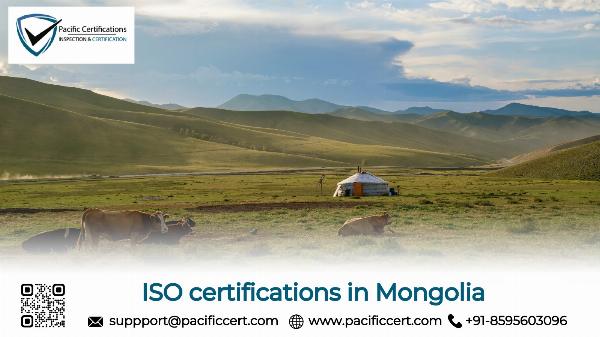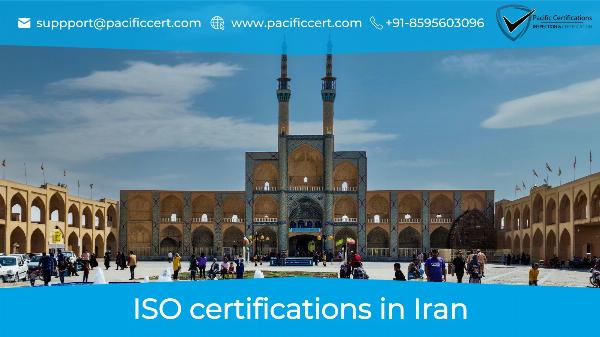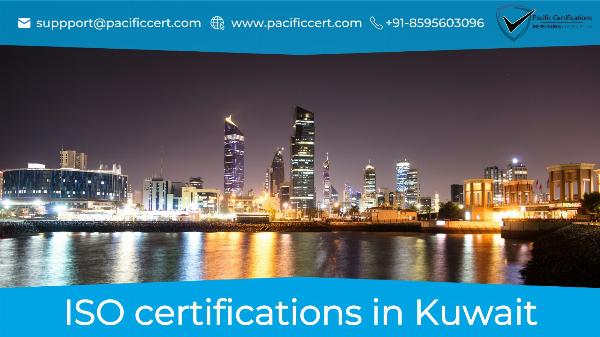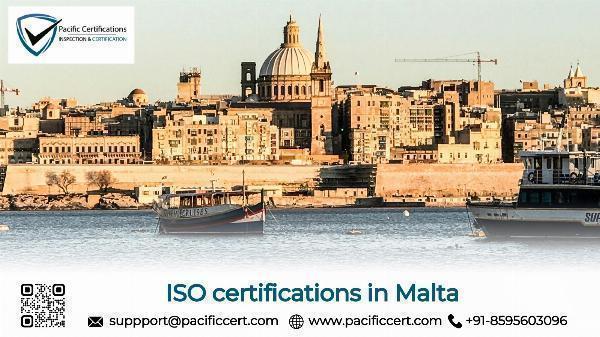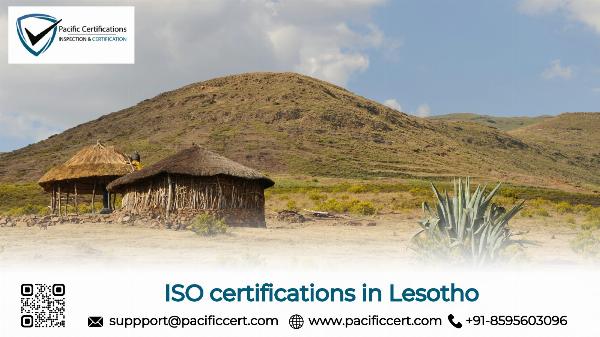ISO Certifications in Iraq and How Pacific Certifications can help
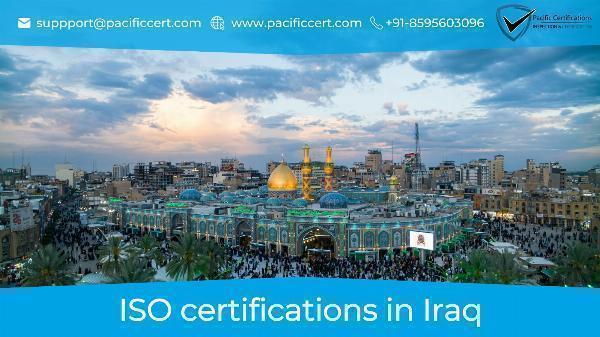
Strong 8k brings an ultra-HD IPTV experience to your living room and your pocket.
In 2024, Iraq is witnessing a significant surge in demand for ISO certifications, driven by an increasing focus on quality management, environmental sustainability, occupational health and safety, information security, and food safety. This trend reflects Iraq’s broader efforts to align with international standards and improve the quality and competitiveness of its industries.
Key sectors such as oil and gas, construction, healthcare, and manufacturing are particularly active in seeking ISO certifications.
Key ISO Standards in Demand
ISO 9001:2015 (Quality Management Systems): This standard is fundamental for organizations aiming to demonstrate their ability to consistently provide products and services that meet customer and regulatory requirements.
ISO 14001:2015 (Environmental Management Systems): Organizations committed to reducing their environmental impact and complying with environmental regulations are increasingly adopting this standard.
ISO 45001:2018 (Occupational Health and Safety Management Systems): With a focus on improving employee safety and reducing workplace risks, this standard is crucial for industries with high occupational hazards.
ISO 27001:2022 (Information Security Management Systems): In an era where data breaches and cyber threats are rampant, this standard helps organizations safeguard their information assets.
ISO 22000:2018 (Food Safety Management Systems): This standard is essential for companies involved in the food industry to ensure food safety and compliance with global food safety regulations.
ISO 50001:2018 (Energy Management Systems): For organizations looking to improve energy performance and reduce energy costs, this standard provides a systematic approach to energy management.
How we can help
At Pacific Certifications, we specialize in auditing and certifying organizations to meet these ISO standards. Our role is to ensure that your systems and processes align with the stringent requirements of the ISO standards you seek to achieve.
Here’s how we can assist:
Certification Audit: We carry out thorough audits to verify that your organization complies with the specific ISO standard. This includes both the Stage 1 (Document Review) and Stage 2 (Main Audit) phases.
Surveillance Audits: Post-certification, we conduct regular surveillance audits to ensure ongoing compliance and continual improvement.
Re-certification Audits: Every three years, we perform re-certification audits to renew your certification and ensure sustained compliance.
Market Research and Trends
Increased Focus on Sustainability: Globally, there is a growing emphasis on sustainability, and this trend is influencing Iraqi organizations to adopt ISO 14001 and ISO 50001 standards to improve their environmental and energy performance.
Digital Transformation: The push towards digital transformation is leading to higher adoption of ISO 27001, as businesses seek to secure their digital assets and build customer trust.
Health and Safety Awareness: The post-pandemic world has heightened awareness of workplace health and safety, driving more organizations towards ISO 45001 certification.
Global Trade Compliance: As Iraq expands its trade relations, compliance with international standards like ISO 9001 and ISO 22000 becomes crucial for businesses aiming to enter or expand in global markets.
Read More: ISO Certifications in Iraq and How Pacific Certifications can help
Requirements of ISO Certifications in Iraq
Achieving ISO certification involves meeting specific requirements outlined by the International Organization for Standardization, these requirements ensure that organizations implement effective management systems tailored to their specific operational needs.
Below is an overview of the general requirements for key ISO certifications relevant to organizations in Iraq:
ISO 9001:2015 - Quality Management Systems
Context of the Organization: Understand the internal and external issues affecting your organization and determine the needs and expectations of interested parties.
Leadership: Demonstrate leadership commitment by ensuring the quality policy and objectives are aligned with the strategic direction of the organization.
Planning: Identify risks and opportunities, establish quality objectives, and plan changes to the quality management system (QMS).
Support: Provide necessary resources, ensure competence, promote awareness, and maintain documented information to support the QMS.
Operation: Plan and control processes to meet product and service requirements, including design, production, and delivery.
Performance Evaluation: Monitor, measure, analyze, and evaluate the QMS. Conduct internal audits and management reviews.
Improvement: Identify and implement opportunities for improvement, including corrective actions to address nonconformities.
ISO 14001:2015 - Environmental Management Systems
Environmental Policy: Establish a policy that commits to environmental protection, compliance with legal requirements, and continual improvement.
Planning: Identify environmental aspects and impacts, establish environmental objectives, and plan actions to achieve these objectives.
Support: Allocate resources, ensure competence, promote awareness, and maintain documented information for the environmental management system (EMS).
Operation: Implement processes to control and mitigate significant environmental impacts, including emergency preparedness and response.
Performance Evaluation: Monitor and measure environmental performance, conduct internal audits, and review the EMS to ensure its effectiveness.
Improvement: Take actions to address nonconformities and continually improve the EMS.
Note: IndiBlogHub features both user-submitted and editorial content. We do not verify third-party contributions. Read our Disclaimer and Privacy Policyfor details.

